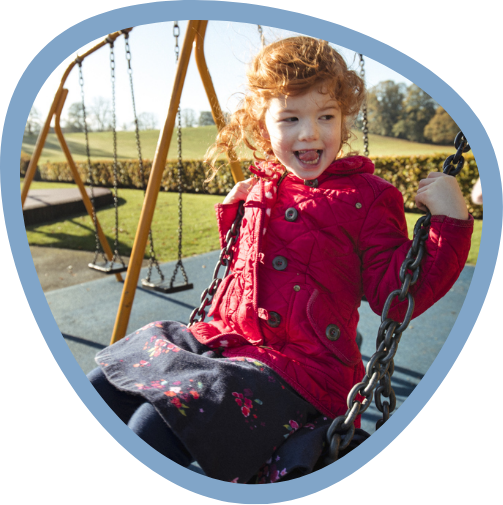Our Education Psychologists offer consultations and full assessments with detailed reports and recommendations. These are designed to outline a child’s needs within the classroom, and identify the support they may need on a day-to-day basis.
Our Education Psychologists can also carry out annual reviews of a child’s needs in order to determine how their requirements have evolved.
Our Assistant Psychologists complete additional observations, consultations and provide support to implement recommend strategies, complementing the work of our Education Psychologists. With the prevalence of mental health needs increasing in the school age population, this has proved to be an effective model of working in schools.
Our Educational Psychologist can also provide one hour online consultations to give feedback and practical recommendations to support your child in the classroom setting. During the online consultation, our educational psychologist will go through a structured parent interview to gain background information and further understand areas of concern, speak with your child to gain their views and analyse academic work samples, if needed. Following the consultation, a brief report can be provided to summarise the consultation and formally document recommendations. This is a great way to troubleshoot and unpick a young persons needs, without jumping into a full assessment.




